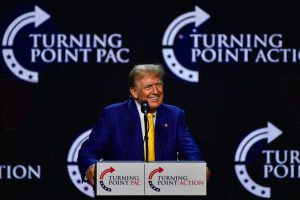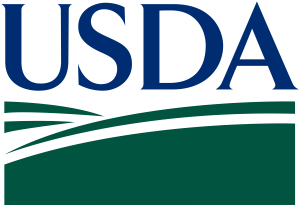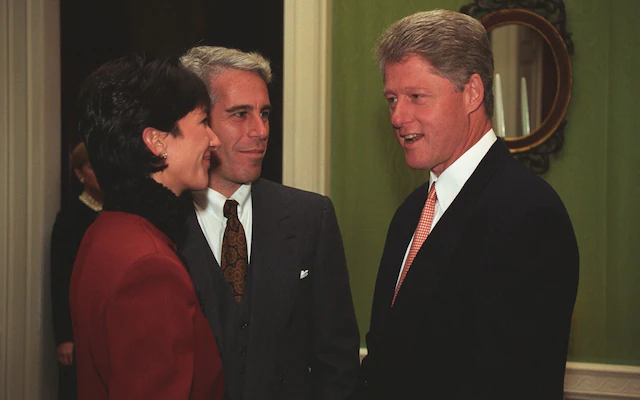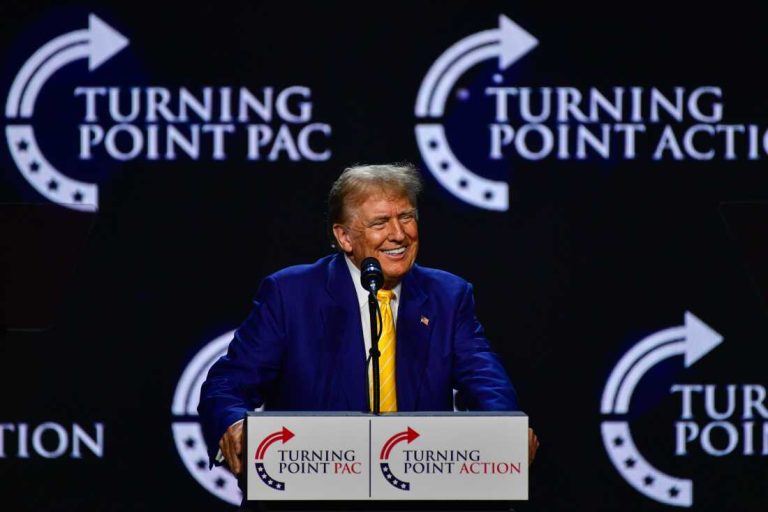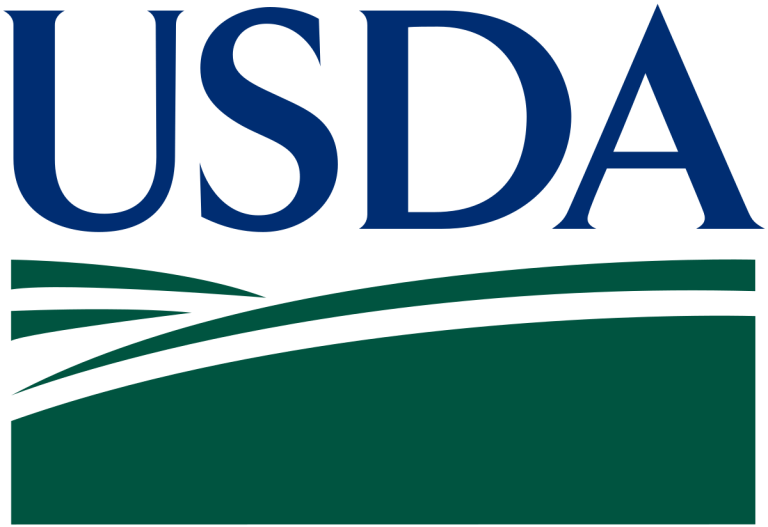In a development that has sparked both intrigue and renewed scrutiny, members of a key congressional panel voted to escalate their inquiry into a decades-old criminal network that continues to haunt the public discourse. With bipartisan calls for transparency and mounting public pressure to shed light on unresolved questions, lawmakers took a decisive step last week, moving the investigation into its next, more high-profile phase.
The decision stems from longstanding concerns surrounding the case of Jeffrey Epstein—a financier whose ties to powerful individuals, including celebrities, politicians, and global elites, have long been the subject of speculation. While Epstein’s 2019 death in federal custody temporarily paused much of the public narrative, his criminal enterprise, and those associated with it, remain under congressional investigation. As scrutiny of related government actions deepens, lawmakers are increasingly seeking answers from individuals who may have had knowledge of, or connections to, Epstein’s activities and network.
At the heart of this renewed push is a growing appetite within Congress for accountability—not only for Epstein and his known associates, but for those in power who may have ignored, enabled, or inadequately pursued justice during critical periods. Recent months have seen the House Oversight Committee explore avenues to secure testimony and access documentation relevant to Epstein’s operations, including sealed records, redacted files, and communications involving high-ranking officials from various administrations.
It was within this context that a motion introduced by a Republican committee member drew significant attention last Wednesday. The proposal sought approval for the issuance of subpoenas targeting a list of former senior officials and public figures, including two prominent names with decades of public service. The motion passed via voice vote, and committee leadership later confirmed that formal subpoenas would be issued in due course.
While this decision immediately ignited partisan debate in the media and online, the broader intent, according to supporters of the motion, is to clarify what various government agencies and leaders knew about Epstein, and whether sufficient efforts were made to investigate his activities over the years. These questions are not confined to one political party or administration. On the contrary, investigators appear interested in examining a multi-decade timeline that spans Republican and Democratic leadership.
Notably, the committee’s actions did not stop at high-profile individuals. The motion also included requests for subpoenas directed at several former attorneys general and top officials within the Department of Justice. This marks a significant expansion of the inquiry, one that extends beyond Epstein’s known associates and into the realm of institutional accountability.
Supporters of the move argue that it’s a necessary progression. “We cannot allow the passage of time or the prominence of names to shield anyone from scrutiny,” one member of the committee said following the vote. “This investigation is about more than one man. It’s about the systems that allowed such crimes to persist, and the institutions that were supposed to stop them.”
Interestingly, the push for transparency is not confined to one side of the political aisle. Earlier the same day, a progressive member of Congress submitted a separate motion seeking the public release of any remaining undisclosed files related to the Epstein case. This gesture highlights a rare moment of alignment between ideologically opposed lawmakers—united, at least in this instance, by a shared belief that secrecy and delay have eroded public trust.
The committee also confirmed plans to obtain testimony from other key figures in the investigation. Among them is a central figure already convicted in connection to Epstein’s criminal enterprise, who is scheduled to appear before lawmakers in the coming weeks. While the logistics of that testimony remain under review, committee officials have indicated that it will take place at a federal facility under strict supervision.
The implications of these developments are significant. The expanding scope of the investigation suggests that lawmakers are not merely seeking to clarify past events—they are also considering broader questions about prosecutorial discretion, law enforcement priorities, and the uneven application of justice across different administrations.
Critics, however, have voiced concerns about the optics and timing of these actions. Some argue that the inclusion of high-profile political figures may blur the line between genuine inquiry and political spectacle, particularly in the lead-up to a contentious election cycle. Others worry that focusing on former public officials may divert attention from the victims and survivors whose experiences should remain central to the investigation.
Nevertheless, the committee insists its approach is focused, deliberate, and grounded in the pursuit of transparency. According to a spokesperson, the subpoenas represent only the latest phase of a larger investigative roadmap. Additional requests for documents and witness appearances are expected in the coming months, as lawmakers continue their effort to bring clarity to a case that has, for many, become emblematic of institutional failure.
Whether the upcoming testimonies and document releases will provide the closure many seek remains to be seen. But for now, one thing is clear: Congress is not yet finished with the Epstein investigation—and this next chapter may be its most consequential yet.
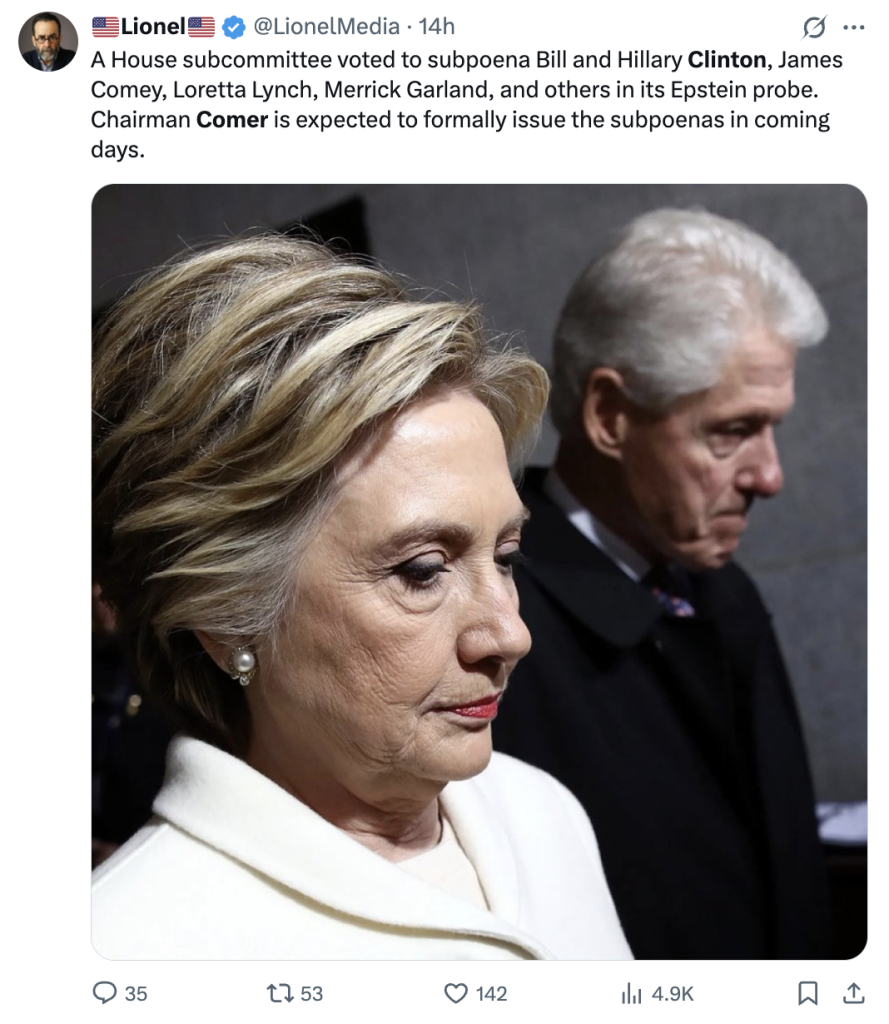

Emily Johnson is a critically acclaimed essayist and novelist known for her thought-provoking works centered on feminism, women’s rights, and modern relationships. Born and raised in Portland, Oregon, Emily grew up with a deep love of books, often spending her afternoons at her local library. She went on to study literature and gender studies at UCLA, where she became deeply involved in activism and began publishing essays in campus journals. Her debut essay collection, Voices Unbound, struck a chord with readers nationwide for its fearless exploration of gender dynamics, identity, and the challenges faced by women in contemporary society. Emily later transitioned into fiction, writing novels that balance compelling storytelling with social commentary. Her protagonists are often strong, multidimensional women navigating love, ambition, and the struggles of everyday life, making her a favorite among readers who crave authentic, relatable narratives. Critics praise her ability to merge personal intimacy with universal themes. Off the page, Emily is an advocate for women in publishing, leading workshops that encourage young female writers to embrace their voices. She lives in Seattle with her partner and two rescue cats, where she continues to write, teach, and inspire a new generation of storytellers.

